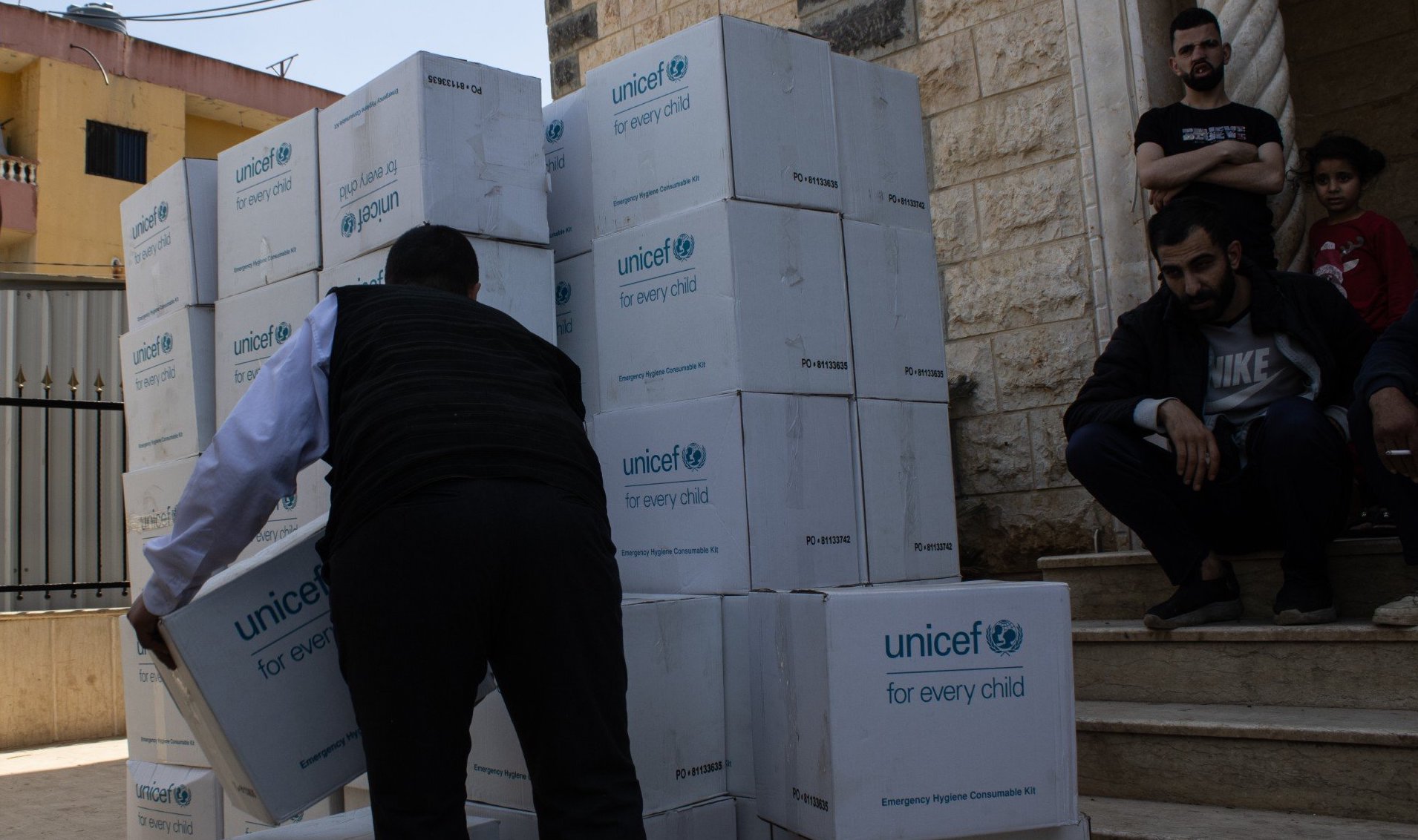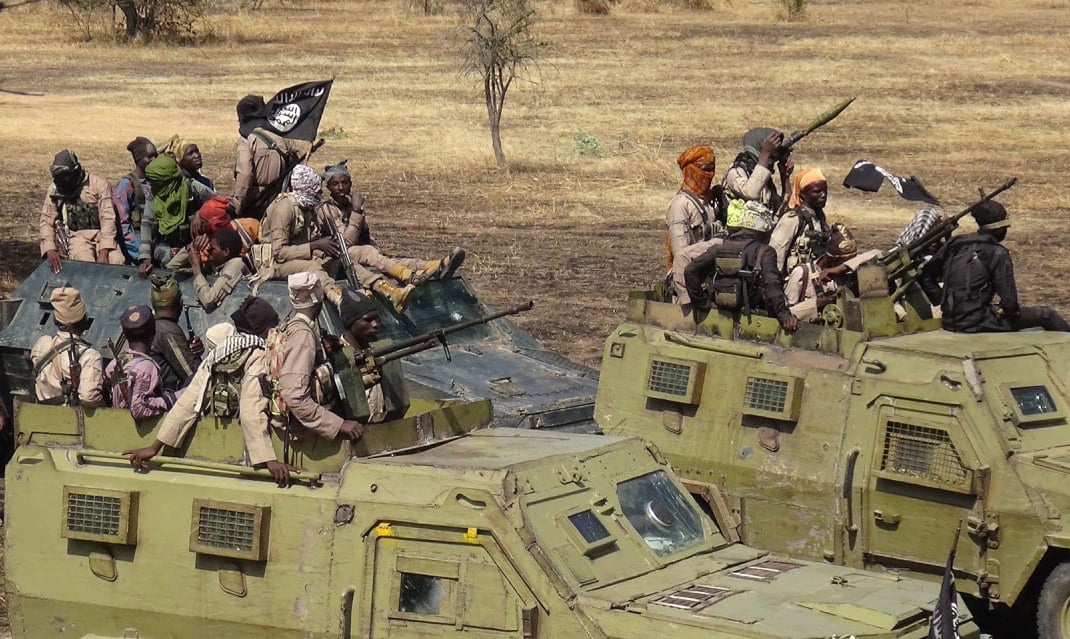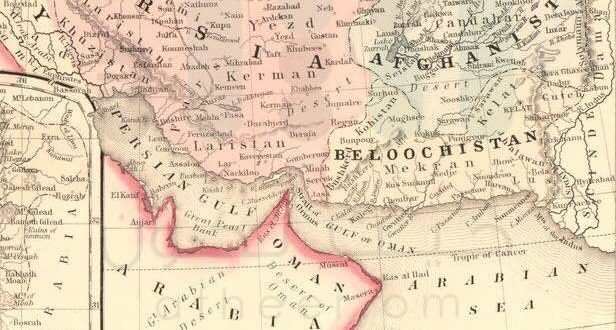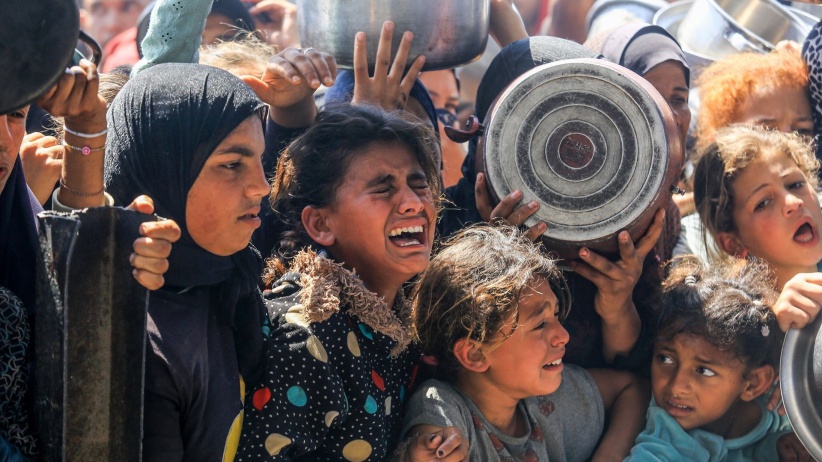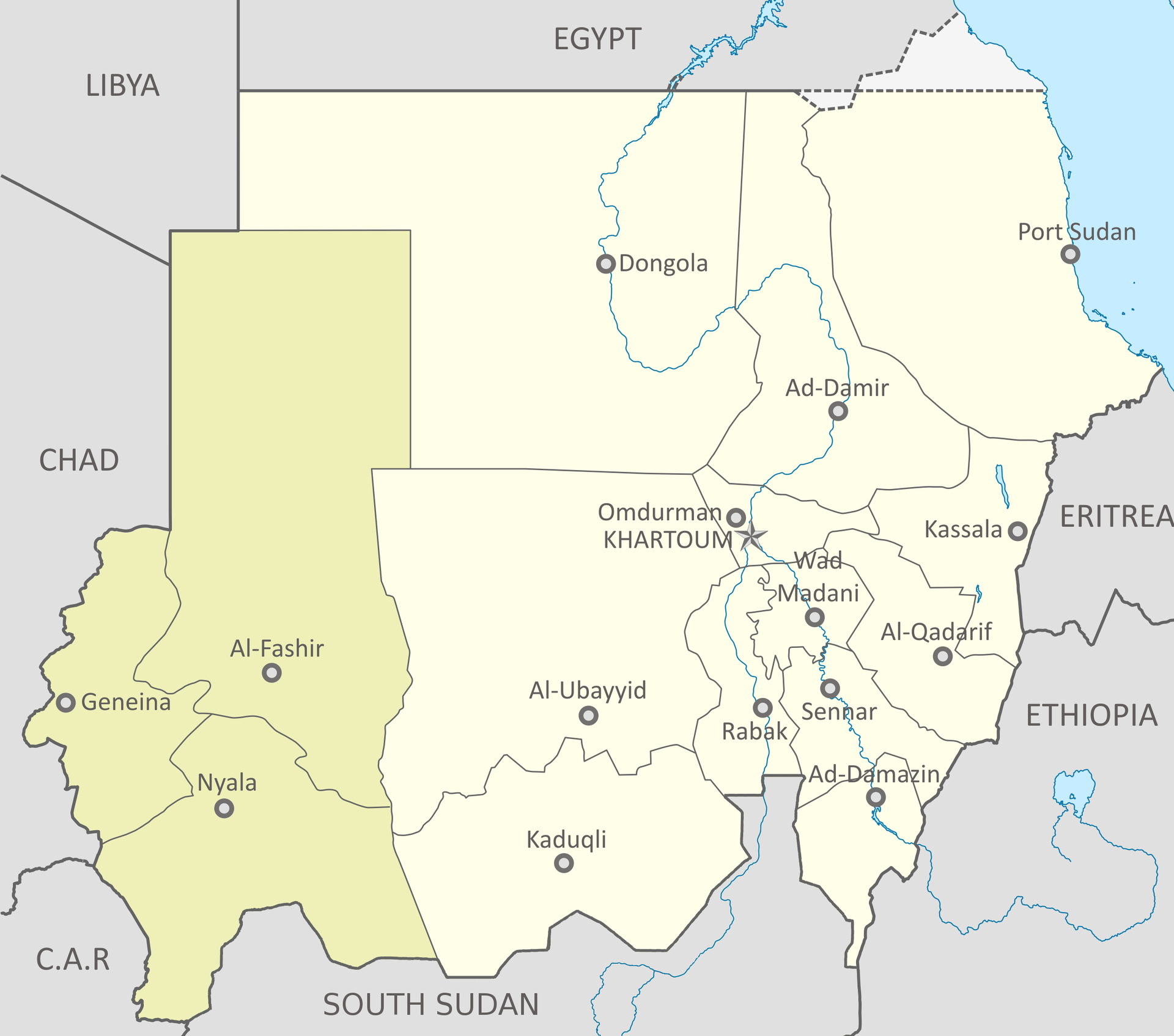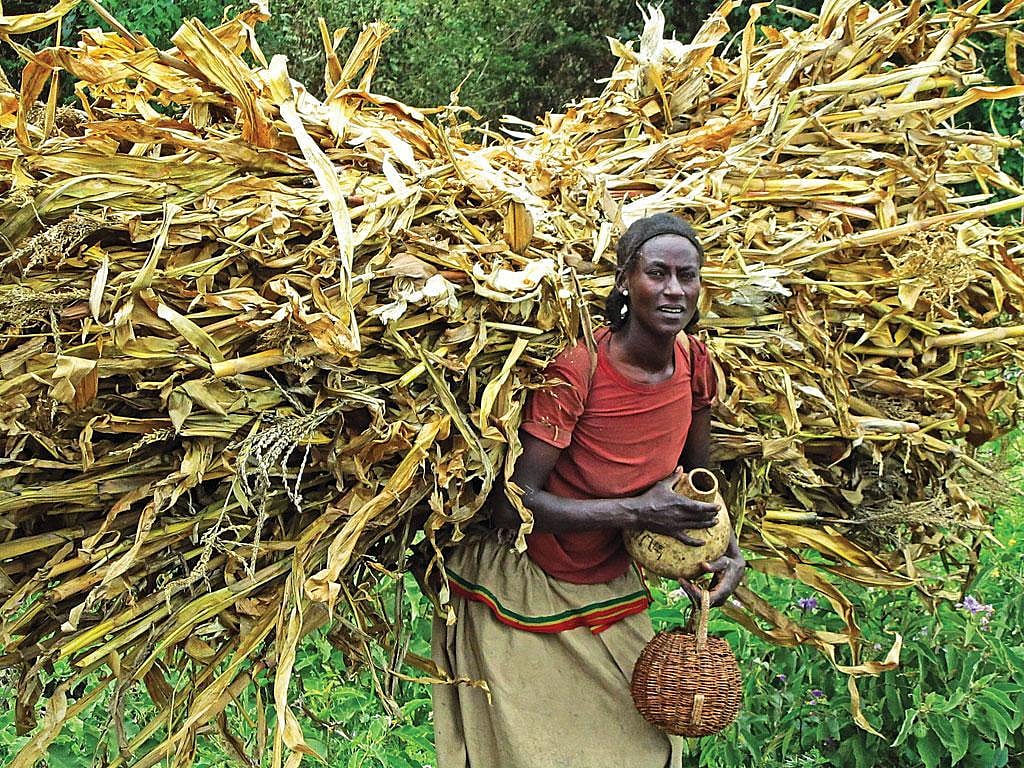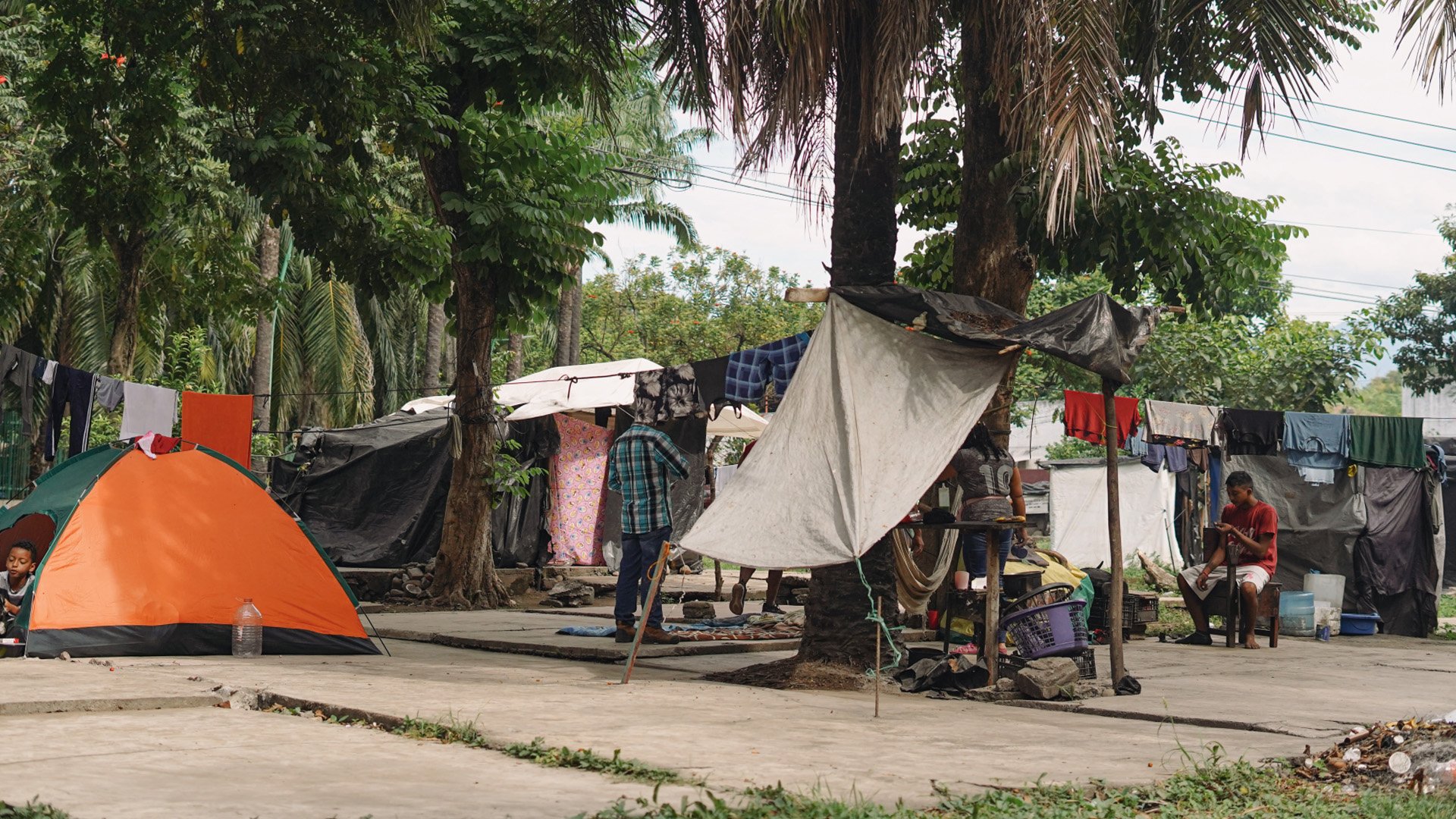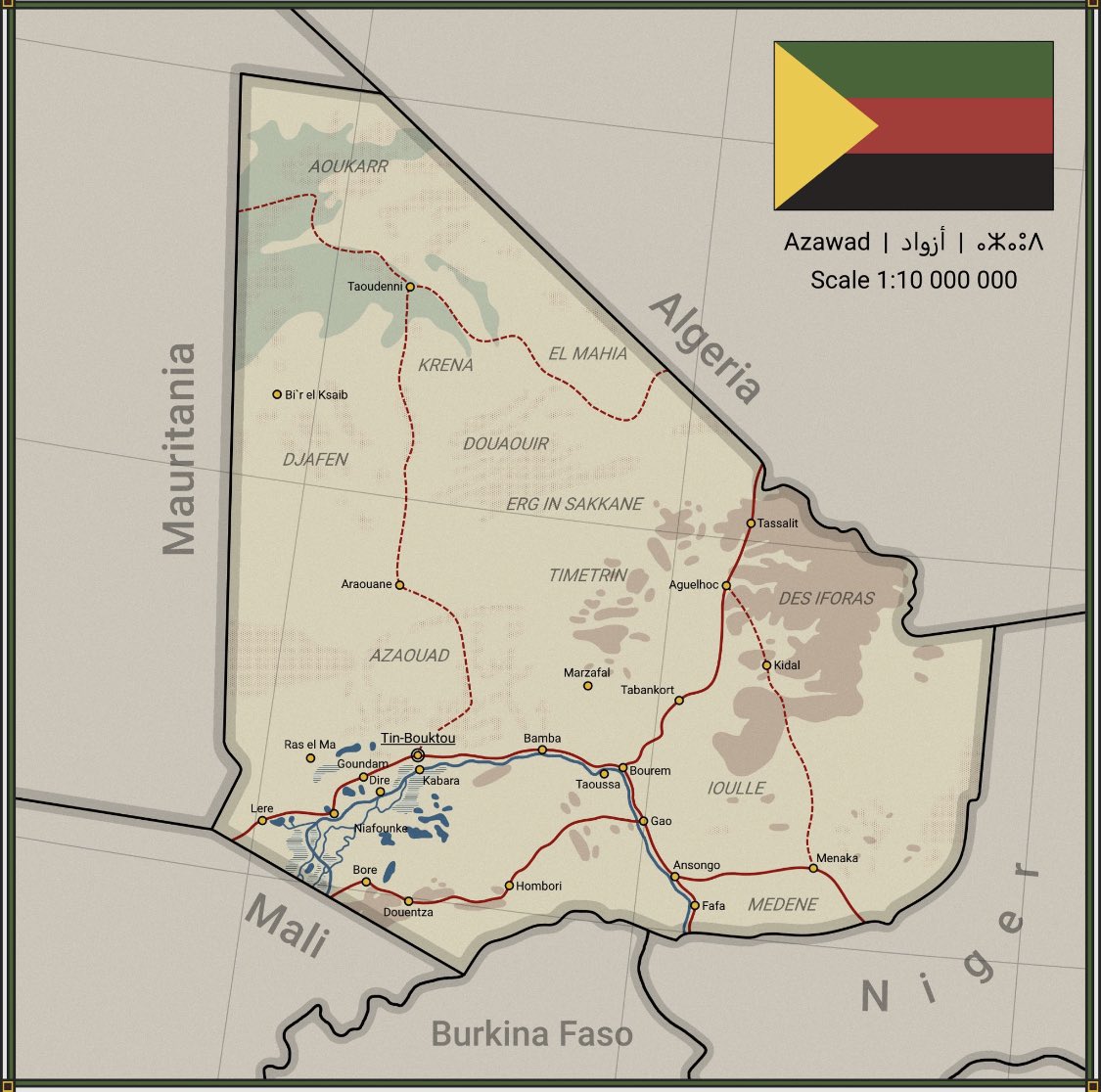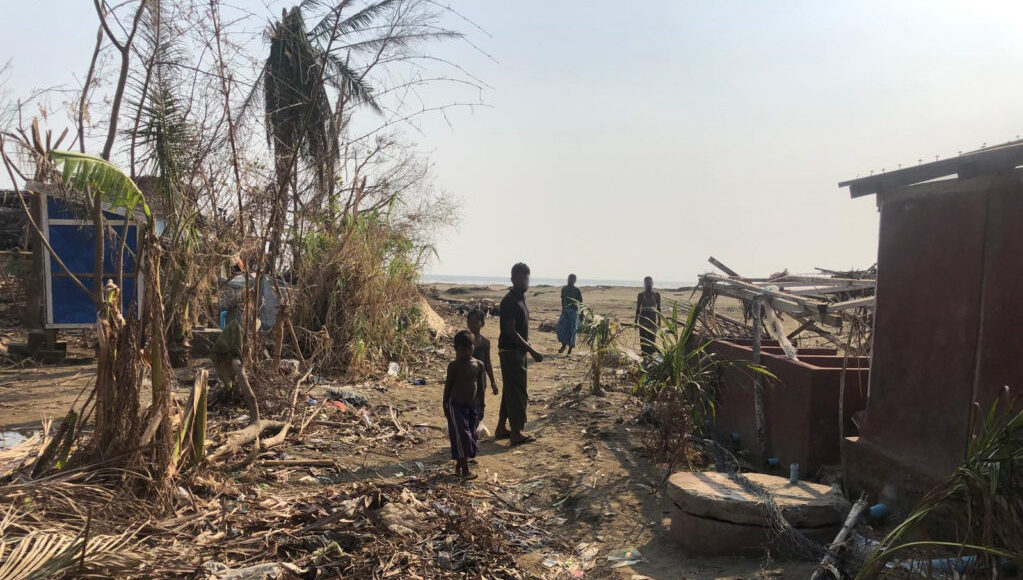
Burma’s military accused of starving Rohingya
Dozens of internally displaced Rohingya in Burma’s Rakhine state have died of starvation this year, according to a report released by the Burmese Rohingya Organisation UK (BROUK). Nearly 150,000 Rohingya have been confined to internment camps in the state since 2012, relying on humanitarian assistance to survive. Tens of thousands are experiencing starvation as a result of a trade blockade and severe humanitarian access restrictions imposed by the ruling junta in response to escalating clashes with the Arakan Army (AA), an ethnic Rakhine militia. The AA has also been accused of atrocities against Rohingya living in areas under its control. (Photo: BROUK)



